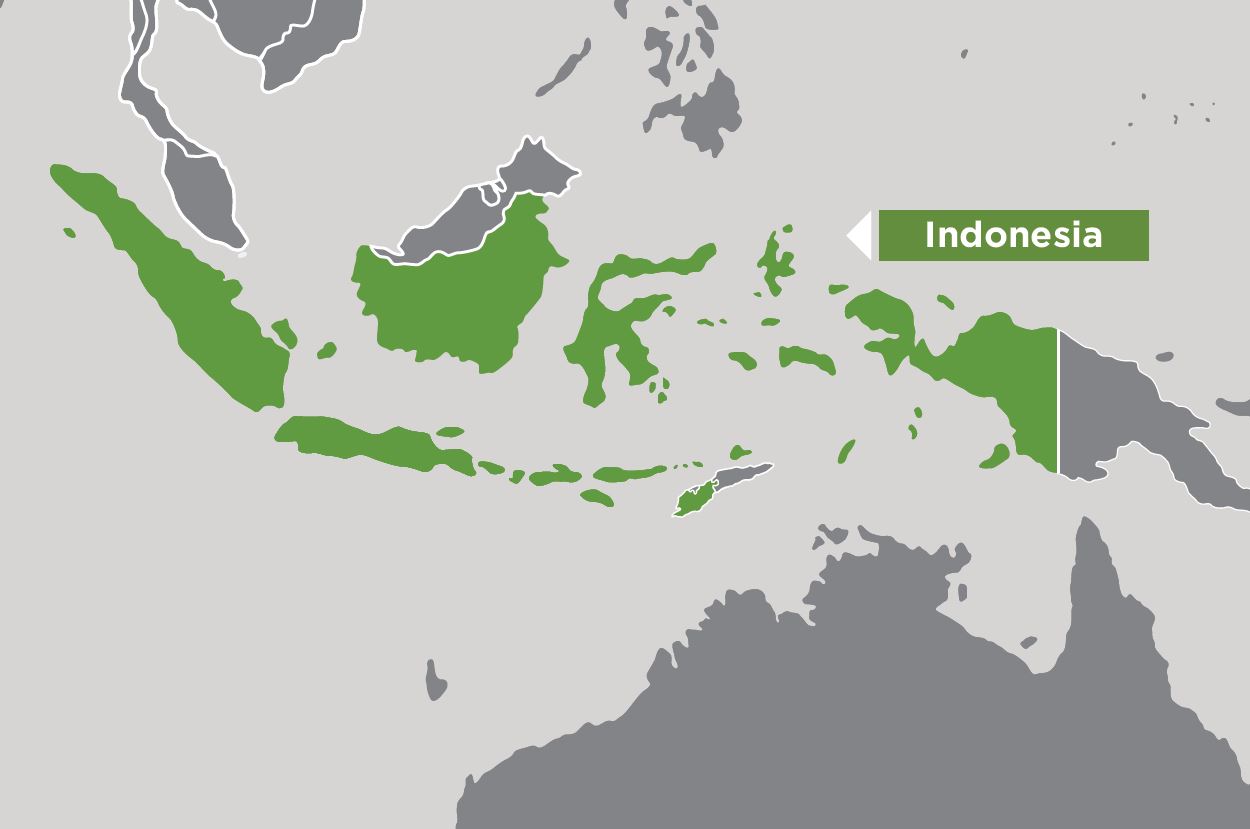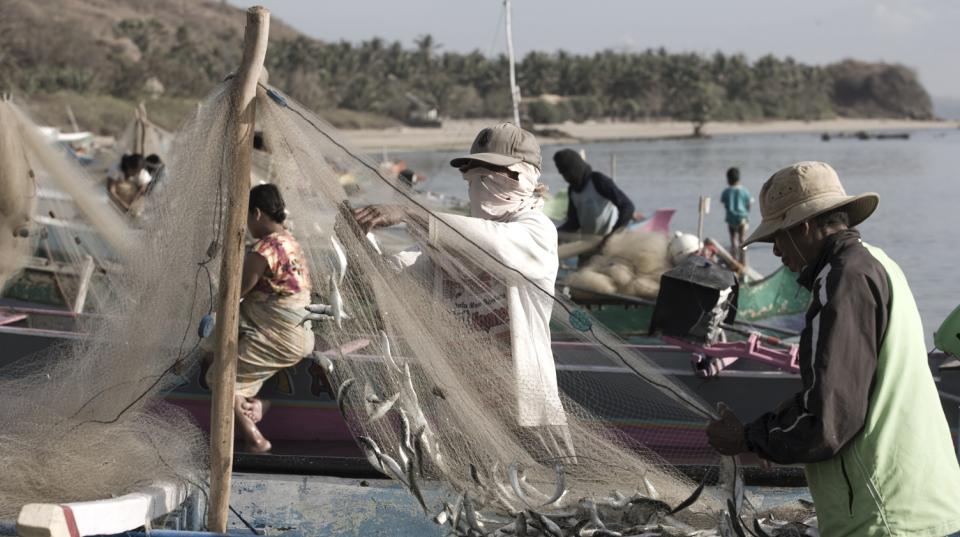Overview
This project expanded the production of tropical spiny lobster in Indonesia through research that defined best practices and ensured their adoption by farmers.
In spiny lobster farming in Indonesia, the capture of seed lobsters and their grow-out uses simple technology and minimal capital, and is ideally suited to village-based enterprises. The capacity of Indonesian lobster fishers and farmers has increased, and the opportunity for a large industry employing whole coastal communities is stronger than before. However, lobster grow-out has diminished as an unexpected result of the increased seed catch, with coastal communities focusing more on seed capture and immediate sale.
This project increased the engagement of farmers in lobster grow-out, addressing the priority issues of improved survival of lobster seed through the nursery and grow-out phases. The research will continue to benefit smallholders in impoverished coastal communities. The project also engaged established private sector aquaculture companies to invest in lobster farming within their existing operations and to invest in the village-based lobster industry.
Project outcomes
- Significant economic and social benefits for impoverished coastal communities throughout Indonesia due to an increase in the production of marketable lobsters and creation of related jobs.
- Creation of demonstration farms in locations deemed suitable for sea cage lobster farming to ensure an effective adoption pathway.
- Increased research capacity at national level due to training in laboratory-based experimentation, particularly on nutrition research.
- Greater knowledge and confidence among farmers to adopt new technologies and practices to grow lobsters longer for a higher farmgate price.
- A shift toward more lobster farming potentially reducing fishing and the associated impacts on local marine ecosystems.






